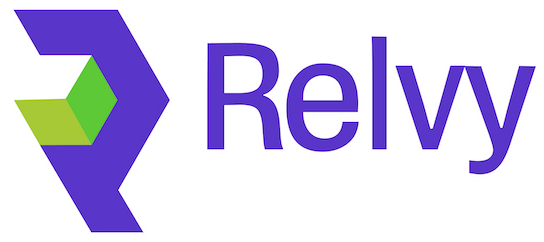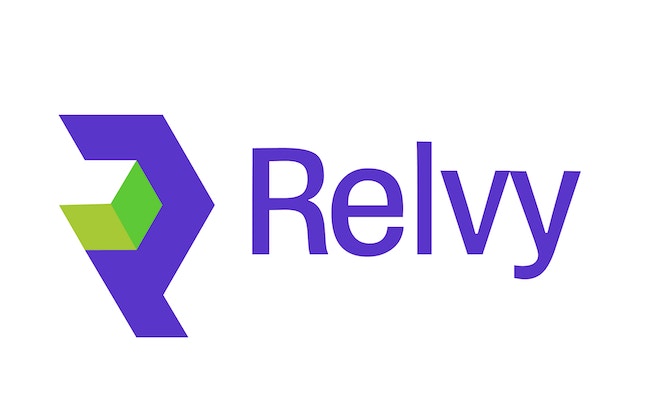Data Sources and Analysis
Relvy’s power comes from its ability to understand and correlate multiple types of data including code and observability data. The platform can analyze logs, metrics, traces, and events from your entire observability stack and your code, providing a unified view of your production environment.Logs
Structured and unstructured log analysis, pattern recognition, and log correlation across services and time periods.
Metrics
Time-series data analysis, anomaly detection, and cross-service correlation to identify impact patterns.
Traces & Spans
Distributed tracing analysis, span correlation, and service dependency mapping across microservices.
Events
Infrastructure, application, and deployment event correlation for incident investigation and timeline reconstruction.
Code Repositories
Source code analysis through GitHub integration, enabling code search and file reading to understand implementation details, trace logic flows, and correlate code with observability signals for comprehensive root cause analysis.
Custom REST APIs
Integration with internal and external APIs to retrieve business context, user data, and configuration information during investigations.
Cross-Correlation
Relvy’s true strength lies in its ability to correlate different types of data—events, traces, logs, metrics, and source code—across your stack. This enables Relvy to surface root causes and patterns that would be extremely difficult to find by looking at a single data source in isolation.
Integrations
Relvy integrates seamlessly with your existing observability and collaboration tools, so you can get started quickly without changing your stack. Supported integrations include:Datadog
Logs, metrics, and traces from Datadog’s observability platform.
Elasticsearch
Centralized log management and search with Elasticsearch.
AWS
Cloud infrastructure metrics, logs, and events from AWS services.
New Relic
Application performance monitoring and traces from New Relic.
Grafana
Visualization and dashboards from Grafana.
ObserveInc
Unified observability data from ObserveInc.
Prometheus
Time-series metrics and alerting from Prometheus.
Slack
Incident notifications and collaboration via Slack channels.
GitHub
Source code repository integration for code-aware root cause analysis.
Custom REST APIs
Configure custom API endpoints to query business data, user information, and external services during investigations.

